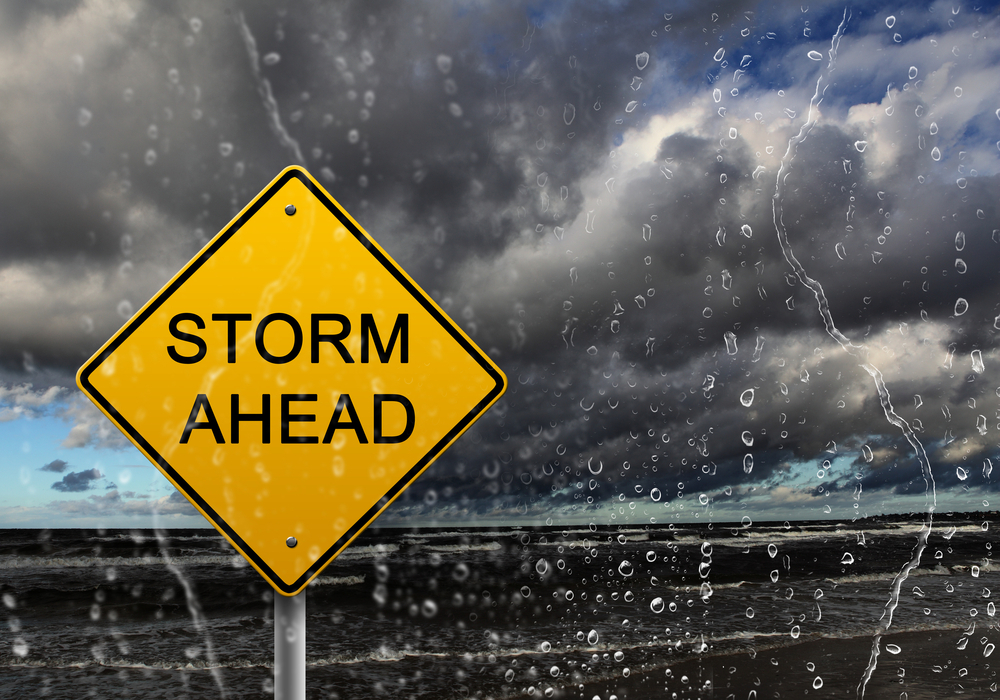
According to that nursery rhyme we all grew up with: “Rain, rain, go away. Come again another day.”
This goes in spades for hurricanes, which have devastated the economy, and tens of thousands of lives. But our complaints about the weather do not end there.

Sometimes, on the day of an annual parade, we just don’t want it to rain. We’re not against a little precipitation; oh no. We would just like it to pour down when we want it to, not when “it” decides to do so.
Who does “it” think he is anyway? He has a lot of nerve. Raining when he wants it to, not when we want him to?
Not as much as with hurricanes, of course, but, still, a lot of economic welfare hangs in the balance. If we can rearrange the timing, then outdoor concerts cannot get rained out, nor can baseball games, nor can any of the marathon races held be ruined. These only sometimes get cancelled due to unwanted showers, but even when not cancelled, they can get pretty yucky. There are plenty of statistics about the economic harm from flooding. Badly timed deluges are undoubtedly a fraction of that (anyone remember Katrina?), but, still, not to be underestimated.
And not only do we want it to rain, or not, on certain days, this goes for hours of the day or night, too. If we had our druthers, it could rain every night if “it” felt like so doing, provided this occurred, only, say, between four and five AM.
Not only when, but where, too! Some cities, truth to tell, sometimes get quite a bit too much of it, on any day of the week or hour of the day. They would be quite happy to send some of it to our brothers and sisters in Arizona, Nevada, New Mexico or the parched parts of Texas and California.
Why am I blithering on about this? Isn’t this sort of thing totally out of human control? Am I advocating a return of the rain dances, which shaman and medicine men overseeing? No. I’m talking about cloud seeding.
It is one thing to advocate that government give up the hundred and one ways it wastes money, and instead allocate some resources to this nagging problem. A greater challenge would be to figure out how private enterprise could do so.
Here is one possibility, at least for the time when the costs of this technology fall below the benefits of such weather control. A consortium of hotels, restaurants, shopping malls, supermarkets, universities throughout the city, those who put on or benefit from parades, outdoor concerts, marathons, and other such gigantic events (hey, the COVID pandemic will end one of these months, hopefully; let’s look ahead), would put up the funds necessary to do the job. This would overcome what some economists think of as the market failure of external economies. (We would all benefit from weather control outlined herein; each potential donor would have an incentive to hold back on supporting each, but to reap the benefit thereof). But contributions would be publicized. Any group or organization that didn’t shoulder a reasonable proportion of the effort would be humiliated. It would suffer negative customer repercussions. In the extreme it would be forced into bankruptcy, as a “free rider.” This includes civic organizations, churches, wealthy individuals, etc.
Is this speculation too far-fetched to consider? Ok, it will not be on the agenda for the next week, month or year. However, we want not only bread, but roses too. If we cannot look past the woes that now betide us, we are not the people I think we are.
Then, there is the issue of confronting the more serious weather issues: the storms, hurricanes, typhoons, cyclones, lightening, etc. According to some studies they are becoming more and more destructive. These are not mere inconveniences, coupled, only with economic losses. We must add to the debit side actual loss of human life, and in serious numbers, reaching into the tens of thousands.
If we as a human race do not blow ourselves up by then, we may reasonably expect that in 500 years, there will be smooth sailing in this regard. No inclement weather will dare cross our bows. But what about in two centuries in the future, or even one? Can we hasten the solution to a matter of decades? It is unlikely that all of these threats to humanity will end in one fell swoop. Probably, we will take these on one at a time, and, as intermediate steps, gradually reduce their severity. All the reason to put this challenge on the agenda, and at least begin some more serious research on them. Yes, we’ve got to wrestle the corona virus down the mat and pin it, and space exploration too, beckons us. But let’s not forget about this threat to humanity.
Walter E. Block is Harold E. Wirth Eminent Scholar Endowed Chair and Professor of Economics at Loyola University New Orleans

READER COMMENTS
Thomas Hutcheson
Dec 28 2020 at 9:16am
My guess is that if there were a cost effective technology for small scale weather control, the market would have developed it. [Of course it still might.]
The more difficult problem when the scale is much larger. Net CO2 emissions are possibly only marginally cost effective for a large country like the US or China.
Thomas Hutcheson
Dec 28 2020 at 11:10am
Even with cost effective small scale weather control, there will issues of the distribution of the costs and benefits. What if Las Vegas city wants no rain on Parade Day, but the result is no rain at all for surrounding ranchers? Is tort relief up to this challenge?
Bill Conerly
Dec 28 2020 at 3:50pm
Thomas’s second comment is very important, and I’d like Walter’s answer. Perhaps a better expression of the issue is a group wants its midday event to be dry, and the the result of cloud seeding puts rain on an area to the west, early in the morning. That may dash the plans of a person trying to pour concrete at sunrise on his property located under the seeded rain.
Does the concrete guy have a property right in “natural weather,” or is weather an unused asset that’s free for the taking, like gold ore on a newly-discovered island?
It’s too hard a question for me, so I’ll leave it to Walter.
robc
Dec 28 2020 at 6:31pm
I dont know which side it puts me on, but I am going to agree with Coase.
Steve
Jan 1 2021 at 11:15am
HydroTasmania used cloud seeding from 1964 until 2016. It was used to increase rainfall when the conditions were right so that there would be more water for making hydroelectricity. https://www.hydro.com.au/water/rainfall/cloud-seeding
Comments are closed.